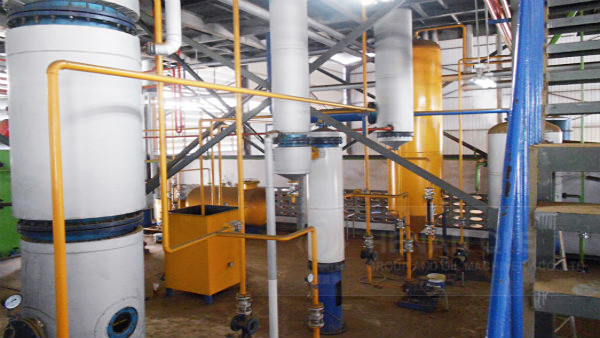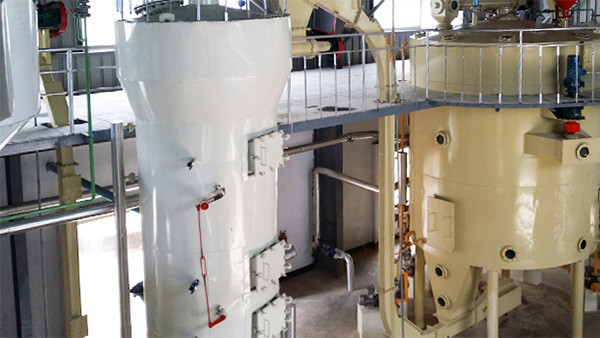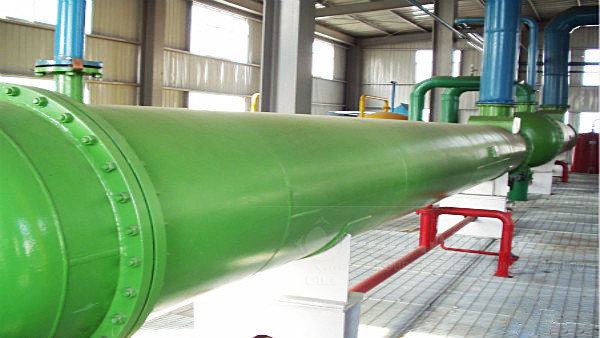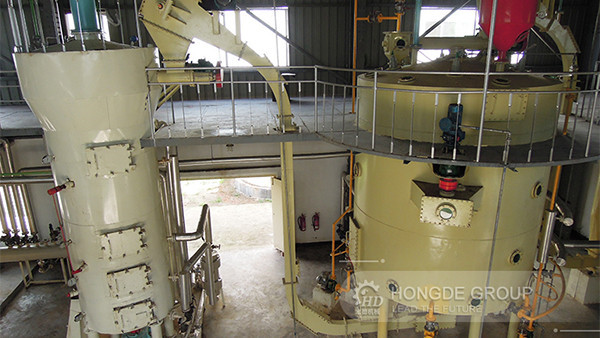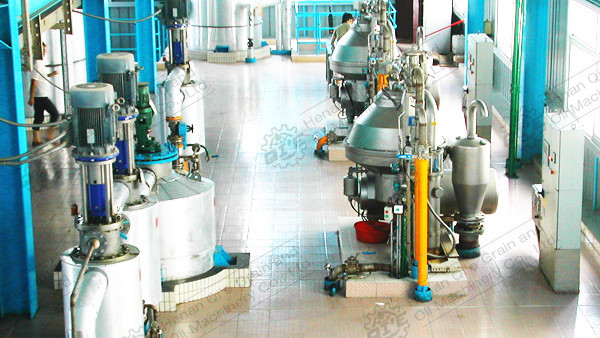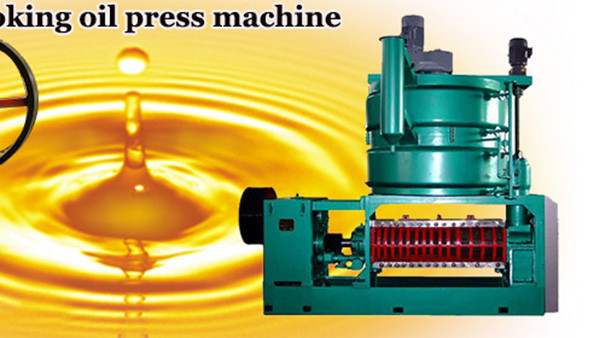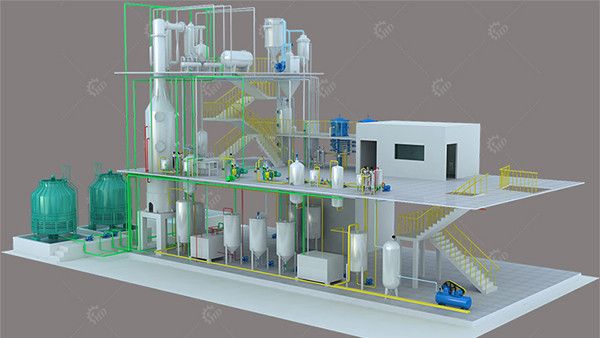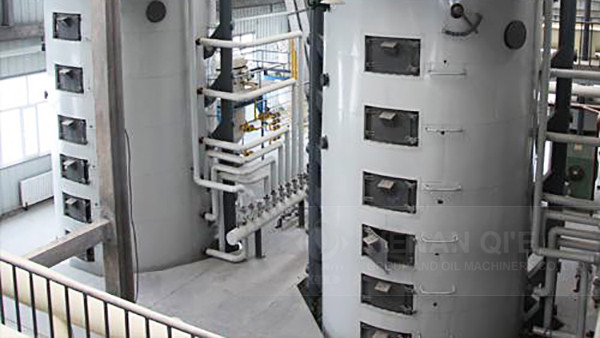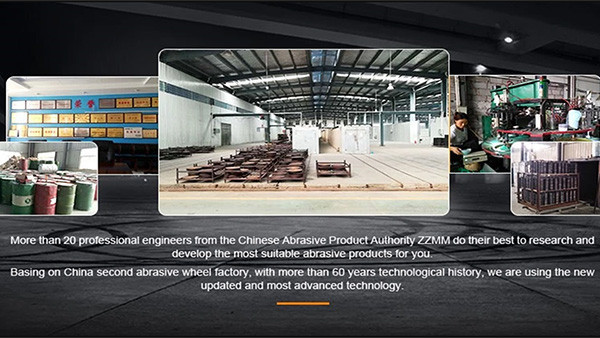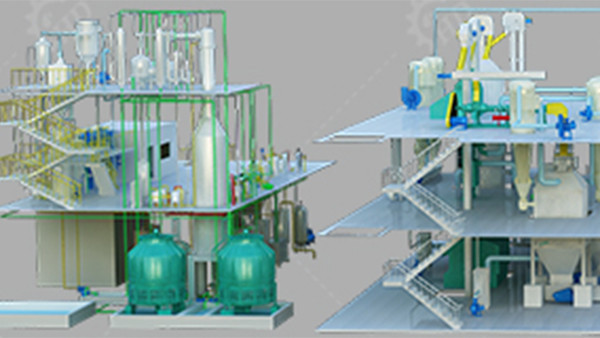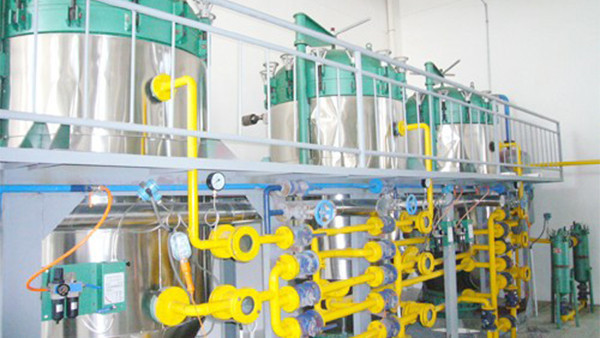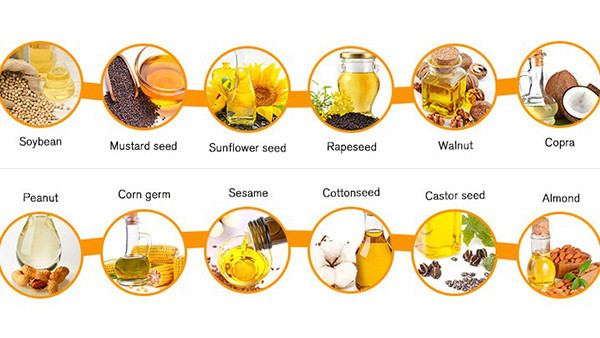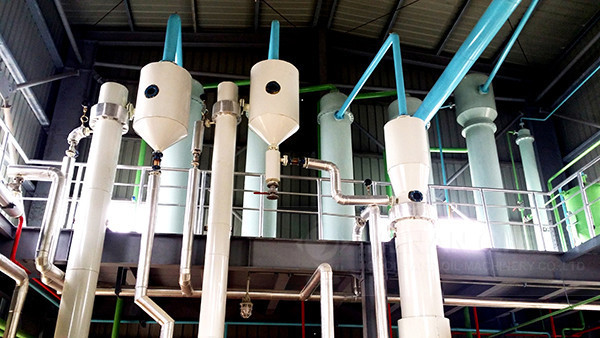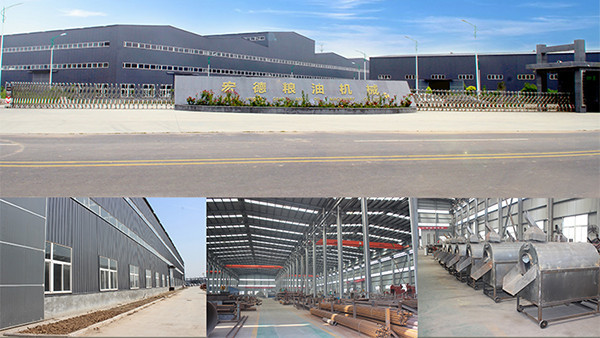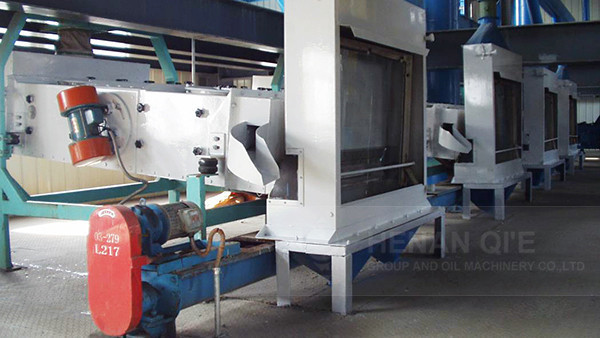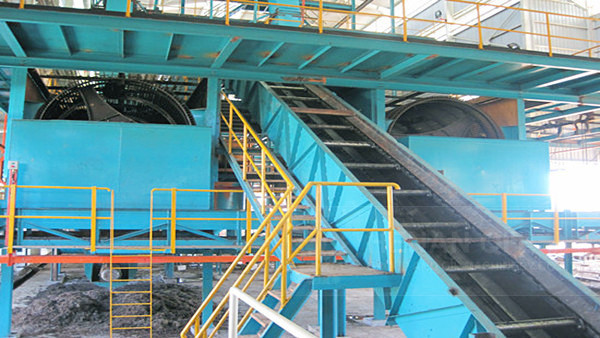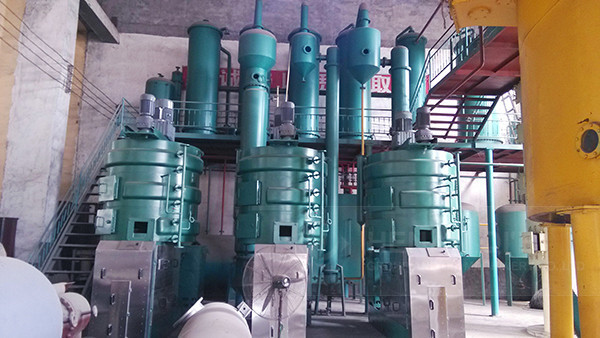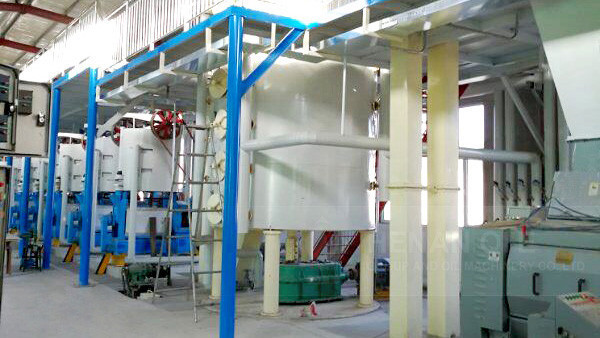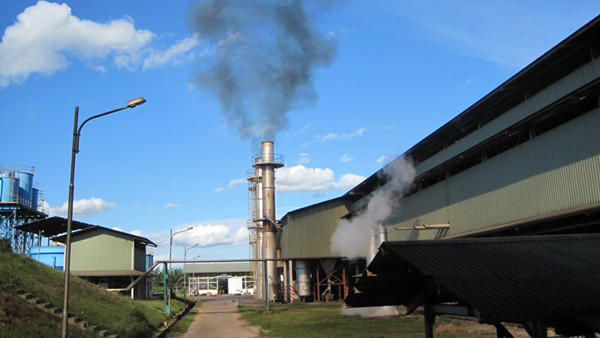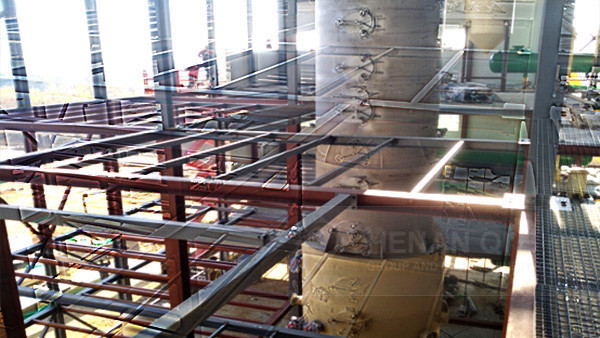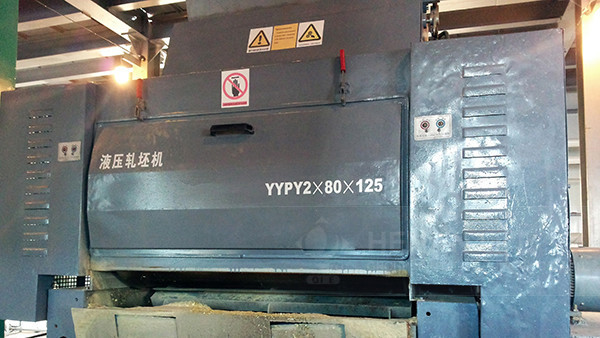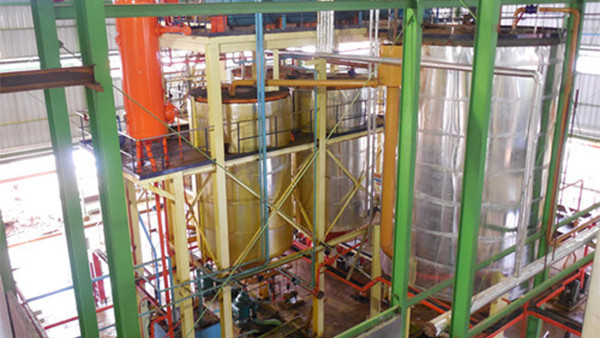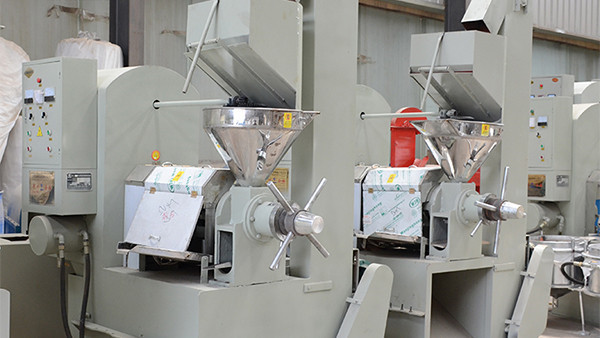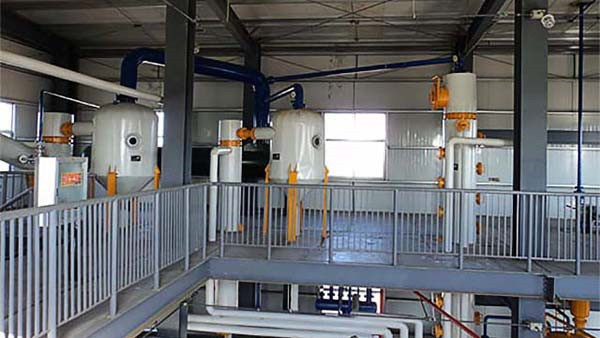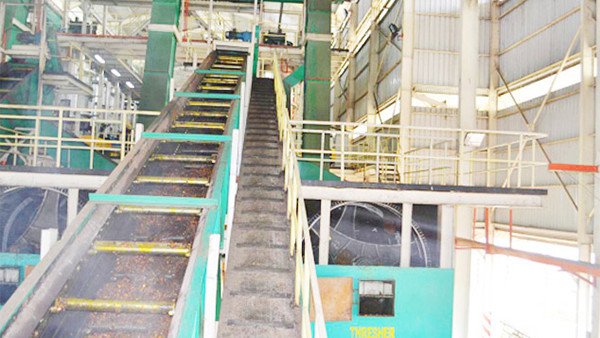
Edible Oil Refinery
This means that an Edible Oil Refinery processes different types of edible oils on an integrated platform by carrying out a set of simultaneous processing on the food oils. Edible Oil Refinery and Edible Oil Refining have been the areas of excellence for TINYTECH UDYOG. We are based in India and since 1990 we have been the Basic Designers
Get Inquiry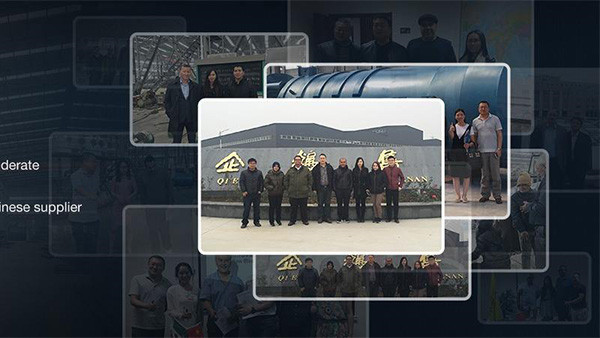
Small Scale Edible Oil Refinery Line
Wide application: Our small batch edible oil refinery line is suitable for various crude vegetable oil, even animal oil, fish oil, etc. Low investment: Small batch oil refinery line needs less investment, and cost recovering time is also short. Less land request: Sometimes land is one of the problems for you to start oil milling business, but
Get Inquiry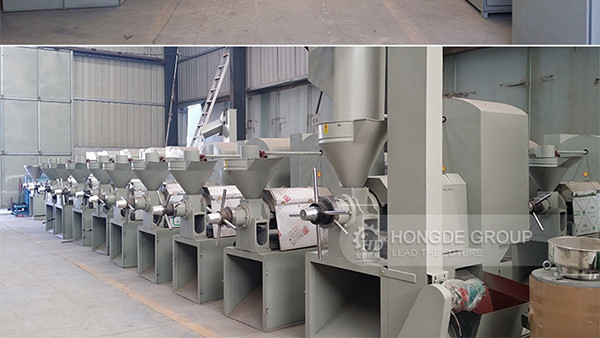
Edible Oils - Sustainable Palm Oil - Edible Oil Processing - Olam Agri
Combined with our advanced risk management expertise and tools, we¡¯re able to help manage supply and risk for customers across Africa, the Middle East, Europe and Asia. We operate edible oil processing and refining in Nigeria where we refine crude vegetable oils and market refined, bleached and deodorised palm oil, palm olein and refined
Get Inquiry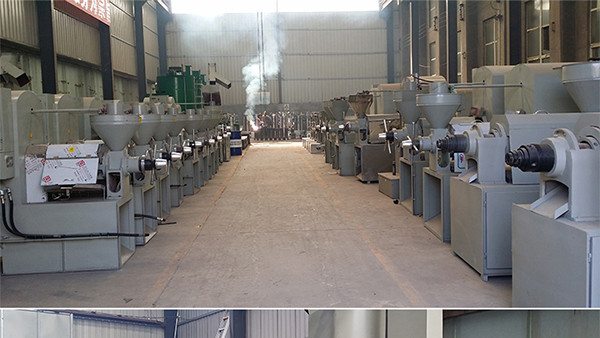
Edible oil refining
Edible oil refining is a set of processes or treatments necessary to turn vegetable raw oil into edible oil.. Raw vegetable oil, obtained from seeds by pressing, solvent extraction, contains free fatty acids and other components such as phospholipids, waxes, peroxides, aldehydes, and ketones, which contribute to undesirable flavor, odor, and appearance; for these reasons, all the oil has to be
Get Inquiry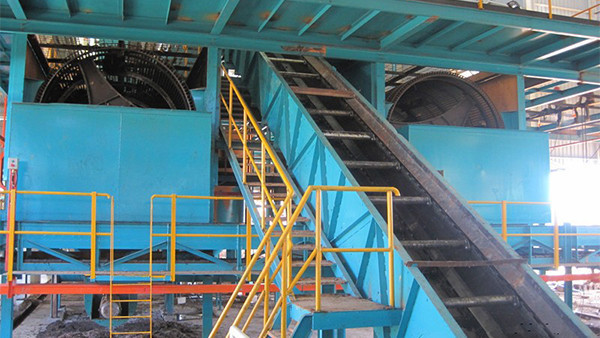
Edible oil refining process systems
Edible oil refining process systems. Refining crude oil into edible oil requires deep process knowledge¡ªfrom degumming, neutralization and dewaxing through to bleaching, deodorizing and GE and 3-MCPD mitigation. Edible oil producers worldwide rely on Alfa Laval know-how to remove impurities and volatile components and optimize refining processes.
Get Inquiry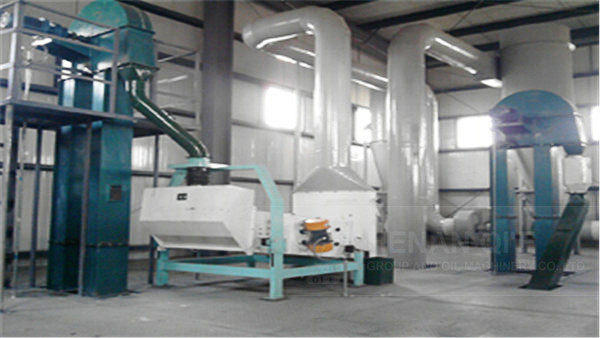
Oil Processing Design Basics - Edible Oil Processing - Wiley Online Library
A systematic approach designing the block diagram and obtaining the information needed in the initial phase of the project includes the steps: the selection of the refining and modification process routes that will deliver the products demanded, design of the oil processing block diagram, and calculation of the required capacities of the equipment used in the various process steps on the basis
Get Inquiry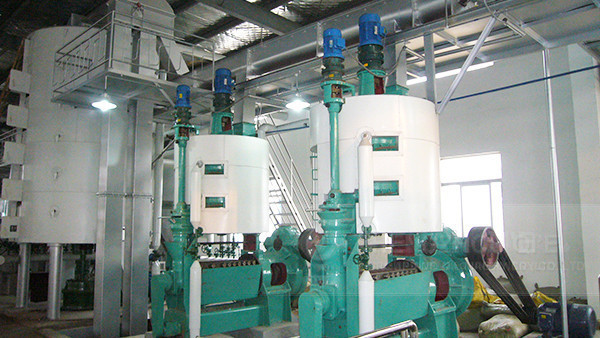
Edible Oil Processing - Wiley Online Library
1.6 Effect of processing on food oil components 33 References 34 2 Bulk Movement of Edible Oils 41 Wolf Hamm 2.1 Oil production and exports 41 2.2 Cargo damage 45 2.3 Quality of oils shipped 47 2.3.1 Palm oil 47 2.3.2 Soybean oil and other seed oils 47 2.3.3 Shipment of oils intended for production of FAMEs 48 2.4 Codex Alimentarius 48
Get Inquiry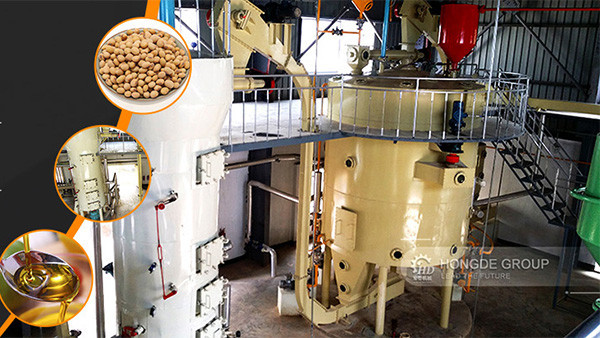
Physical Refinery Edible Oils in Mali
Refining Vegetable Oils: Chemical and Physical Refining, PMC. The bleaching is a critical step in the refining process of oils [ 57, 58 ], preceded generally by degumming, neutralization, and drying processes. Bleaching is a complex physical and chemical process employed in the refining of vegetable oils.
Get Inquiry
Deodorization Process - Oil Refinery
Forth Step of Vegetable Oil Refining Process. Deodorization Process is the forth step in vegetable oil refining which commences after finishing the bleaching. Deodorization holds a big impact on the refined oil quality and is often considered as the heart of the entire edible oil refining method.
Get Inquiry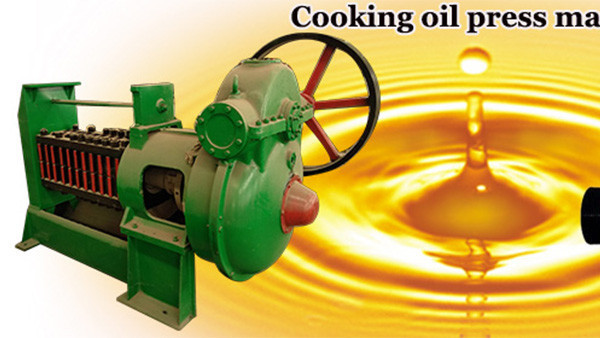
Edible Oil Refining: Current and Future Technologies
In edible oil refining, the continuous effort to reduce overall production costs is mainly achieved by increasing plant capacities, installation of mono feedstock plants, and increasing the degree of automation. Over the years, more energy-efficient processes and technologies, resulting in a higher refined oil yield, have gradually been introduced.
Get Inquiry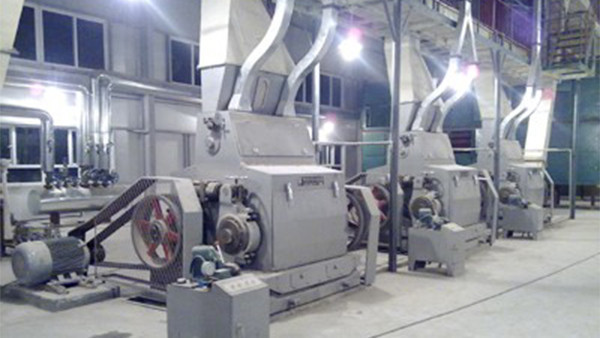
Edible Oil Manufacturing Process for Optimal Production
Achieving optimal oil production is very much a function of which of these two you choose. If you¡¯re just getting started in the edible oil manufacturing process, investing in a batch refinery is the safer option to achieve optimal oil yield. Batch refining is usually ideal for its simplicity; it is perfect for small-scale oil production
Get Inquiry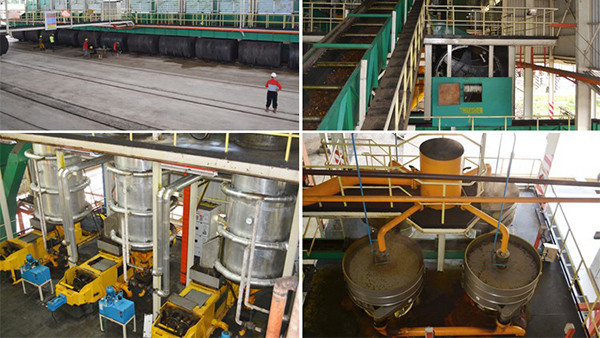
Edible Oil Refining Process - Silverson
Edible oil refining is normally a high volume, continuous operation. The reagent additions are traditionally carried out using low shear static mixers or inline agitators, which can lead to several potential problems: The acid and sodium hydroxide solutions make up only a small fraction of the total product, and must be reduced to the smallest
Get Inquiry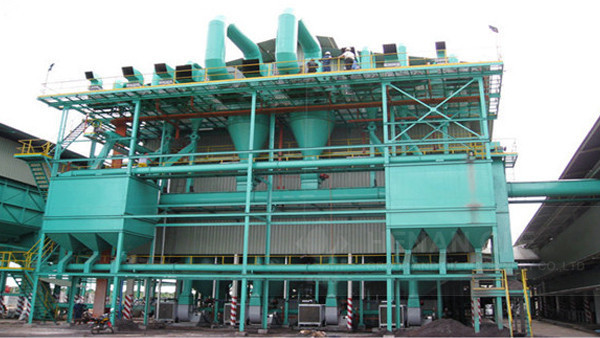
Undertake Edible oil Refinery Plant from 1TPD to 500TPD
Continuous refining is used for higher capacities ranging from 30 TPD to 500 TPD and for oils containing high fatty acid (FFA) like rice bran oil etc. For processing less than thirty tones of oil per 24 hours, and when oil has F.F .A. content of 1 % or less normally batch process is recommended.
Get Inquiry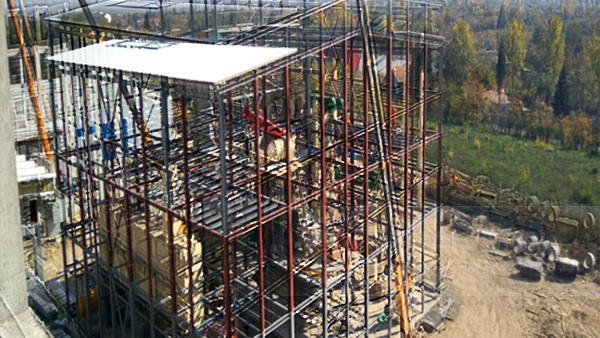
IJESRT
process which has been successfully used to treat edible oil refinery wastewater. The same can be successfully treated by sequencing batch reactor process.The advantages of SBR technology are
Get Inquiry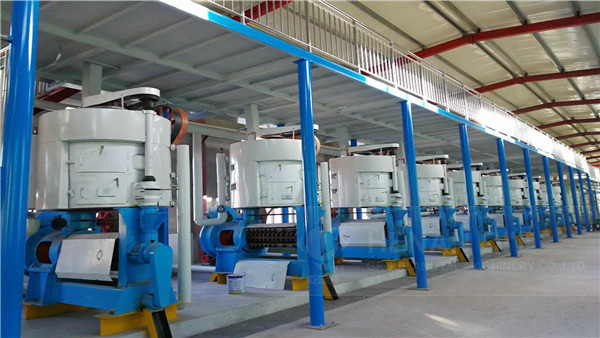
Batch Oil Refinery Plant for Edible Oils - Oil Mill Machinery
The aim of batch oil refinery is to remove impurities such as wax, gum, unfiltered proteins and free fatty acids from crude oil and get pure vegetable oil as the end product. This process also includes removing coloring and smells from the oil ensuring high quality end product. The process happens in stages hence the name of the machine used is
Get Inquiry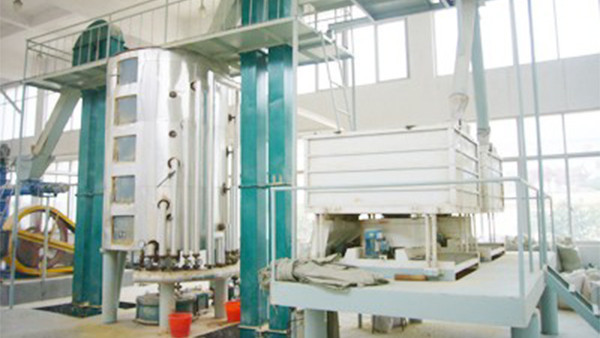
Edible oil refining process solutions - Endress+Hauser
The main refining process steps: Degumming: Remove of phosphatides from vegetable oil. Neutralization: Remove free fatty acids from crude oils by using caustic soda or lime. Bleaching: Remove impurities and coloring pigments. Deodorization: Remove substances that have a negative influence on odor, taste and color.
Get Inquiry
Vacuum systems and the edible oil refinery process
Vacuum systems provide suitable vacuum conditions for decolourization and deodorization in edible oil refineries. Both are highly critical processes, and a stable and reliable vacuum system plays a crucial role in ensuring high-quality outcomes. The temperatures required for an effective decolourization process range from 105¡æ to 110
Get Inquiry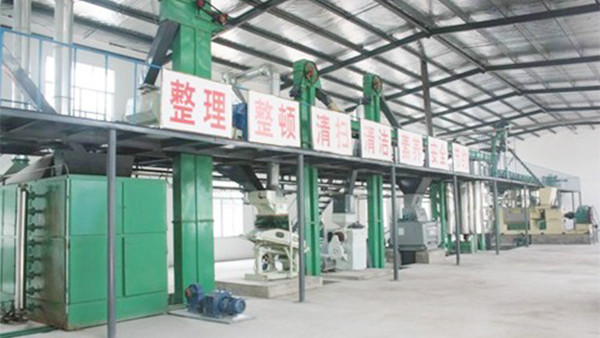
Edible oil refining process systems
Our edible oil production process line portfolio. After oil clarification (for pressed oils), the oil can be refined as shown below. The crude oil is then transferred either to special degumming in the physical refining route, to water degumming, or directly to neutralization in the chemical refining route.
Get Inquiry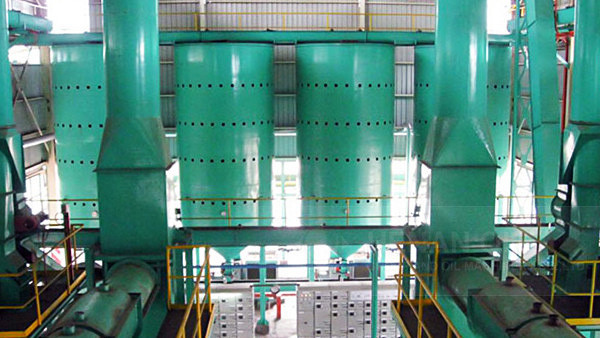
Optimization in the edible oil refinery - Endress+Hauser
One of the essential prerequisites is the reliable monitoring, regulation and control of each individual step in the process that leads to edible vegetable oil. Ensuring consistent product quality and the optimal use of resources is the highest priority. Robust instruments from Endress+Hauser reliably perform their respective measurement task
Get Inquiry
